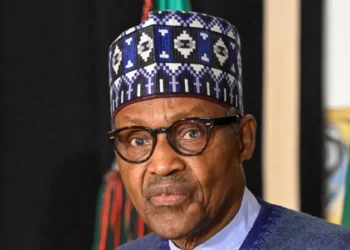Beijing, China – Belgian Prime Minister Alexander De Croo concluded a two-day visit to China on Friday, leaving a trail of both promising progress and lingering tensions in the fraught relationship between the European Union and the Asian superpower. De Croo’s trip, coinciding with Belgium’s rotating EU presidency, aimed to bridge divides on multiple fronts. He inaugurated the new Belgian embassy in Beijing, met with Foreign Minister Wang Yi, and held crucial discussions with Premier Li Qiang and President Xi Jinping.
De Croo said the Belgium-China relationship is a pacesetter in European countries’ ties with China in many aspects, noting that Belgium will continue to abide by the one-China policy and have candid dialogue with China to deepen understanding and push for continuous development of bilateral relations. “You stay out of our politics; we’ll stay out of yours” – that’s the message delivered by Belgian Prime Minister Alexander De Croo to Chinese Premier Li Qiang.
Beijing and the European Union are important trading partners. However, in the past period, the EU indicated its intention to reduce dependence on China in technology and other areas. “We really have one ambition, which is to grow economic ties that will be more balanced and discuss in which way we could gain better access to the Chinese market,” De Croo said on behalf of the EU Presidency.
In a meeting with the Belgian Prime Minister, Chinese President Xi Jinping said that China is willing to cooperate with the European Union in the new year to promote the steady progress of China-EU relations. “Given the chaotic international situation, it is necessary to build more bridges between China and Europe,” added the president, as stated in the statement of the Ministry of Foreign Affairs of China. According to Xi Jinping, both sides should “jointly promote world peace, stability, and prosperity.”
The trip of Belgian Prime Minister to China comes at a special geopolitical moment when the presidential elections in Taiwan are closely watched both in the EU and in China. Other events in the following months of 2024 will undoubtedly also affect the relationship between the EU and China. On January 24, the European Commission will perform a package of economic security measures that could have major implications for Europe’s future trade and investment relationship with China.
Later, Chinese President Xi Jinping is supposed to visit France after five years, where he is to celebrate the 60th anniversary of relations between France and the People’s Republic of China (PRC). Last but not least, in response to the flood of green technology products from China, the EC is expected to impose tariffs on the import of electric vehicles from China, which will certainly not benefit the easing of strained trade relations between the EU and China.








